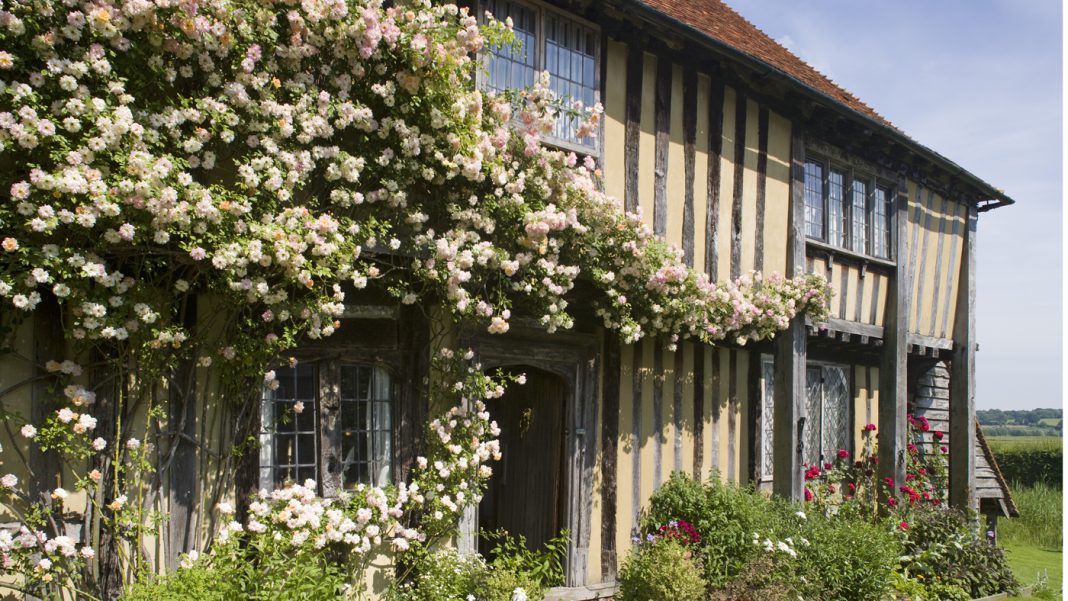Rye Museum’s latest speaker, actress Susannah Mayor, best known to many as an incomparable Lucia in performances from EF Benson’s Mapp and Lucia stories, is the curator at Smallhythe, the National Trust property devoted to displays and events related to the life and career of Dame Ellen Terry (1847-1928) and also to her daughter Edith (Edy) Craig (1869- 1947) who turned Smallhythe into a museum as a memorial to her mother and turned the 17th century thatched barn next to it into the Barn Theatre, the National Trust’s only working theatre.
Dame Ellen Terry, leading Shakespearean actress and one of Britain’s greatest celebrities and highest earning women of the 19th century, regarded Smallhythe, her home for 30 years, as a sanctuary from the pressures of her career. The Letters of Ellen Terry were the subject of a previous talk by Susannah at the Museum, but when she returned on October 11 it was to delight her audience with another lively illustrated talk focused this time on daughter Edy and The Role of the Theatre in the Struggle for the Vote.
Edy Craig, costume designer, prolific theatre director, producer of some 150 plays, and early pioneer of the Women’s Suffrage movement in England was, like her mother, fiercely independent. The private lives of both were far ahead of their time: Edy and her younger brother were illegitimate, and Edy lived in a female ménage à trois with a dramatist and an artist during her many years at Smallhythe.
Having grown up “quite firmly certain that no self-respecting woman could be other than a Suffragist” as Edy once said, she used her theatrical experience on behalf of the Actresses’ Franchise League of which she was a founding member and was involved in various suffrage productions, believing that theatre could be used as a political tool to reach out to women of all classes . One of the plays she directed, A Pageant of Great Women, was performed across the United Kingdom before large audiences. Susannah, joined by Dilys Mayor and Ian Kelman of the Rye Shakespeare Company gave us a glimpse of the three main characters — Woman, confronted by the antagonist Prejudice who believes that men and women are not equal, and Justice, who in the actual productions presided over the debate as groups of great women processed on stage as evidence of women’s achievements in art, government, education, spiritual matters and battle.
It was a most enjoyable and informative evening. If you missed it or want to know more all is not lost: During 2018 Smallhythe Place has been celebrating the voices and work of the women of Smallhythe with a Triumphant Women exhibition and new displays as well as suffrage-themed performances and talks in the Barn Theatre.
Image Credits: courtesy of the National Trust .



